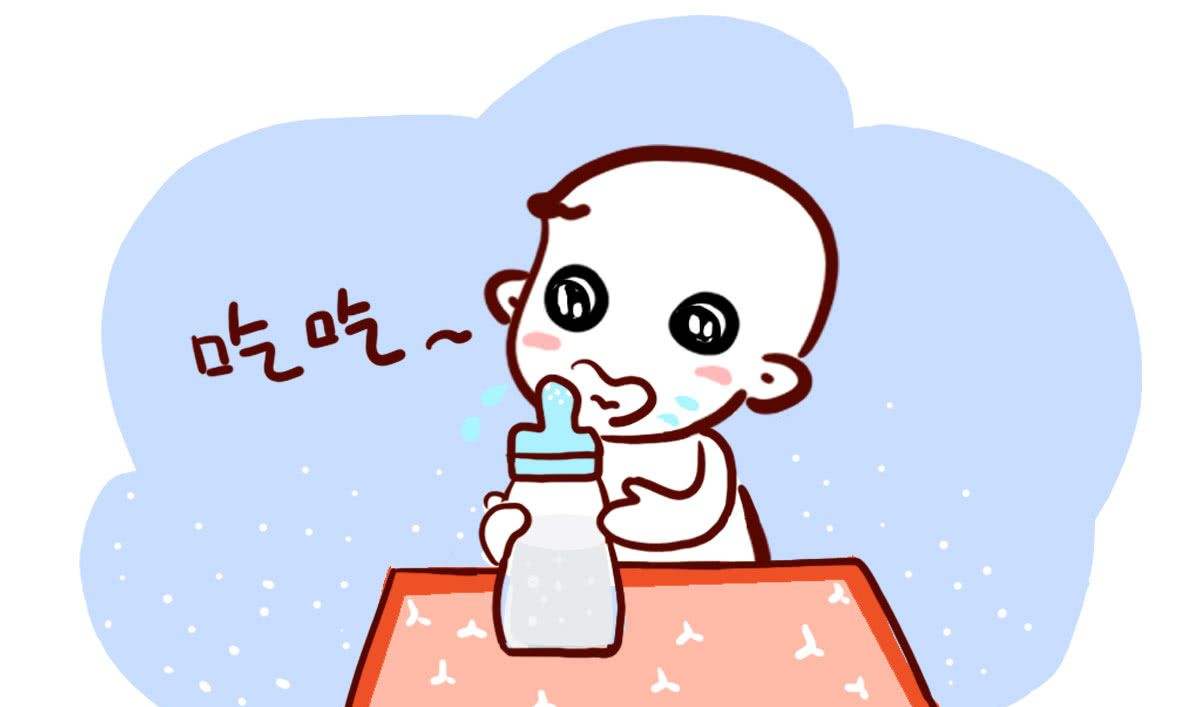|
在一个大众认为配方奶喂养很正常和很安全的社会文化下,母乳喂养很容易被归结为各种问题的原因。但事实却是,非母乳喂养的宝宝存在各种健康方面的风险,从轻微的婴儿腹泻到严重的癌症、婴儿猝死综合症、糖尿病等,上升的婴儿死亡率也与此相关。脑瘫源于大脑损伤,而不可能是因为增重不理想。低于标准的10%绝不会引起脑部损伤。实际上,从婴幼儿的生理发展来看,大脑的营养是首先就会保证的。在前6个月低于平均标准的10%是绝不应该判断为营养不良。实际上,一半的宝宝是低于平均体重的,而另一半高于平均体重。标准的宝宝体重不是所有宝宝应该达到的目标。它只是所有健康宝宝包括偏重的和偏轻的一个平均值。没有任何研究显示脑瘫和母乳喂养之间存在必定联系。但是却有无数的研究显示很多短期或长期的婴儿健康问题来源于配方奶喂养。纯母乳喂养6个月,继续母乳喂养至2岁甚至更长时间才是我们人类生物学的规范,这是衡量所有婴儿健康问题的标准。 戴安.维欣吉国际泌乳顾问国际母乳会哺乳辅导 A Message from Diane Wiessinger, February 14, 2012 In a culture in which formula-feeding is believed to be normal and safe, it's easy to suspect breastfeeding of causing all sorts of problems. The reality is that babies who *aren't* breastfed are at a higher risk of a range of problems from simple diarrhea to serious illness and increased mortality in infancy and beyond, including higher rates of certain cancers, SIDS, and diabetes. Cerebral palsy results from brain damage, and it is not reversed by weight gain. Being 10 percent underweight is not a source of brain damage. Indeed, infant and young child physiology is designed to protect the brain from nutritional shortfalls. Being ten percent below average in weight at 6 months would not in any way be considered malnutrition. Indeed, half of all babies weigh less than the average weight for their age, just as half weigh more. Average baby size is not a goal to be met by all babies; it's simply an average of all healthy babies large and small. There is no research to support a connection between cerebral palsy and breastfeeding; there are literally thousands of studies documenting short-term and long-term problems resulting from formula-feeding. Exclusive breastfeeding for about the first half-year, with continued breastfeeding to the age of two or beyond is our biological norm ndash; the standard by which all other infant health should be measured. |







